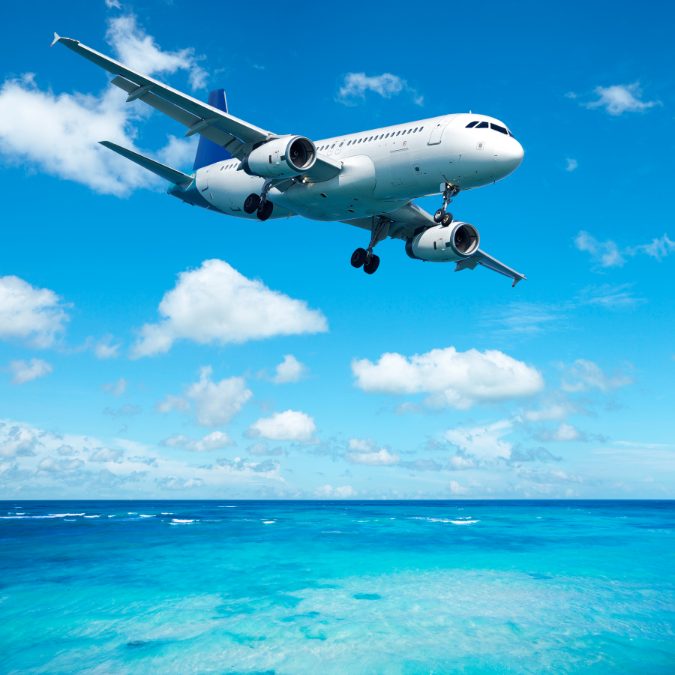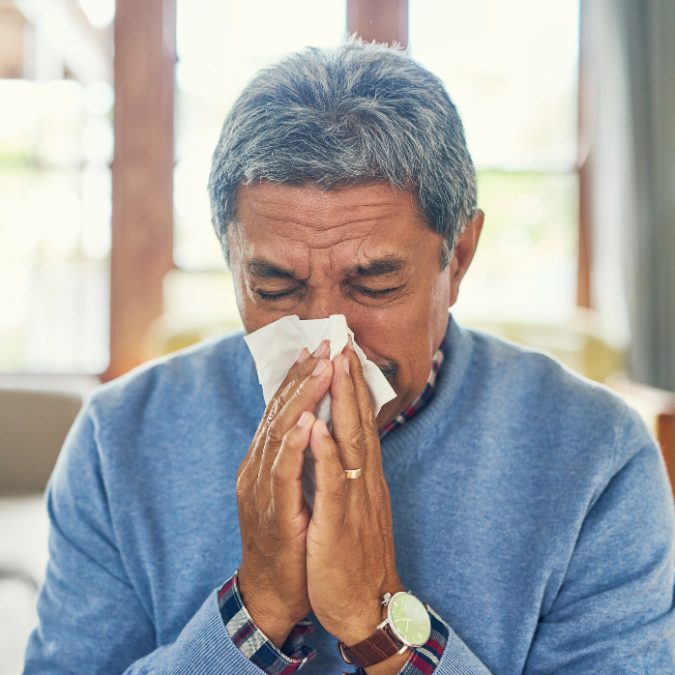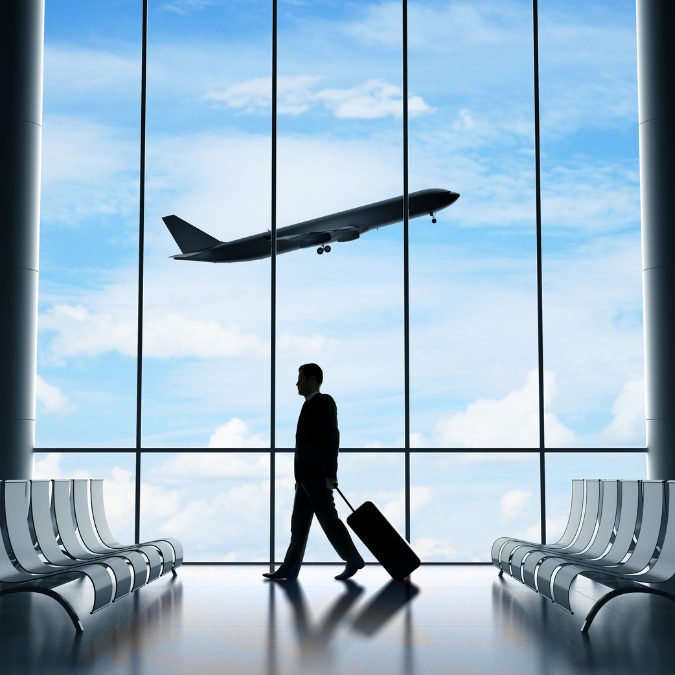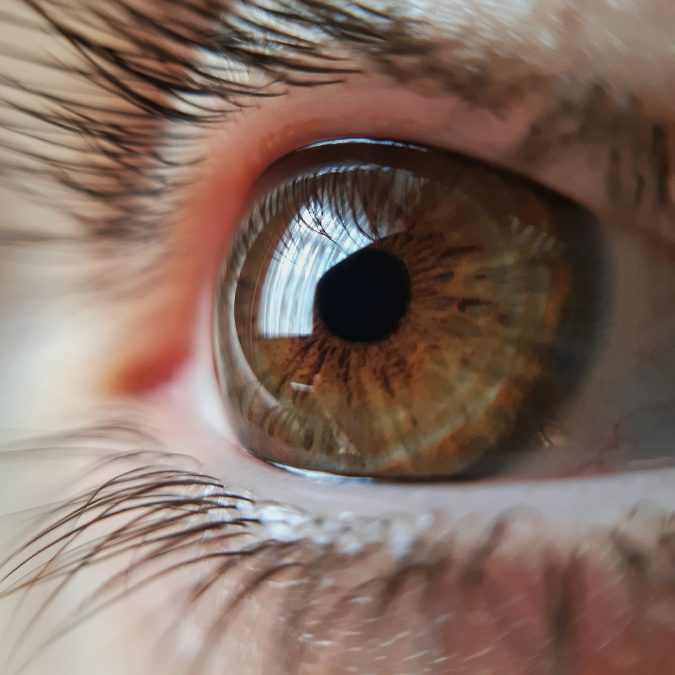Can You Fly With A Sinus Infection (Air Travel)
How you ever wondered if you can fly with a sinus infection ?

Flying with a sinus infection can be a challenging experience, as the changes in cabin pressure can exacerbate sinus pain and discomfort. Whether you’re dealing with chronic sinusitis or a viral infection, the pressure variations during a flight can make your sinus issues feel even worse.
In this blog post, we’ll explore the causes of sinus-related problems while flying and provide valuable tips on how to manage them effectively. By following these preventative measures, you can ensure a smoother journey and a more enjoyable flight experience.
What Is a Sinus Infection?
A sinus infection, medically known as sinusitis, is an inflammation or swelling of the tissue lining the sinuses. The sinuses are air-filled spaces located in the skull, primarily around the nose and eyes. They are connected to the nasal passages by small openings, and their main function is to produce mucus, which helps humidify and filter the air we breathe.
Viral Infections:
Most sinus infections are initially triggered by viral infections, such as the common cold or flu. These viruses can lead to inflammation and blockage of the sinus passages.
Bacterial Infections:
In some cases, a sinus infection can develop when bacteria, usually secondary to a viral infection, invade the already congested sinuses. Bacterial sinusitis is oftenmore severe and may require antibiotic treatment.
Allergies:
Allergic reactions to airborne allergens, like pollen, dust mites, or pet dander, can cause inflammation in the sinuses, leading to allergic sinusitis.
Fungal Infections:
Although less common, fungal infections can also cause sinusitis, typically in individuals with weakened immune systems.

Understanding Sinus Issues in Flight
Sinus Anatomy and Cabin Pressure:
To comprehend why sinus pain can be a problem during air travel, it’s essential to understand the anatomy involved. Your nasal passages and sinus cavities connect to your middle ear through the Eustachian tube.
These spaces are usually filled with air, but as the airplane ascends or descends, cabin pressure changes can cause the air inside your sinus cavities and middle ear to expand or contract. This can lead to discomfort, ear pain, and sinus pressure issues.
Barotrauma and Sinus Squeeze:
Barotrauma refers to the physical damage caused by air pressure changes. In the context of flying, sinus barotrauma, also known as “sinus squeeze,” occurs when the pressure difference between the sinus region and the cabin is not equalized. This can result in facial pressure, severe pain, and even damage to your ears.

Tips for Flying with a Sinus Infection
- Stay Hydrated: Drink plenty of water before, during, and after your flight. Staying hydrated can help keep your mucous membranes moist, which is crucial for sinus health.
- Use Saline Solutions: Consider using saline nasal sprays or saline solution to keep your nasal passages moist. This can help prevent nasal congestion and facilitate equal air pressure.
- Try Decongestants: Over-the-counter oral decongestants and nasal decongestant sprays can provide temporary relief from nasal congestion. However, be cautious with decongestants if you have high blood pressure or heart disease, and consult a healthcare professional if you have any concerns.
- Equalize Pressure: During takeoff and landing, try the Valsalva maneuver by gently blowing against a closed mouth and pinched nostrils. This can help equalize air pressure between your middle ear and the cabin.
- Consider EarPlanes: EarPlanes are specialized earplugs designed to regulate air pressure changes and prevent ear pain. They can be purchased at a drug store or online.
- Choose the Right Medications: If you have a sinus infection, consult a healthcare professional before your flight. They may recommend appropriate medications to manage your symptoms and reduce the risk of further complications.
- Avoid Spicy Food: Refrain from consuming spicy or overly flavorful food before and during your flight, as it may exacerbate sinus issues.
- Stay Informed: Keep an eye on your sinus infection symptoms and consult a healthcare professional if they worsen during or after your flight.
Can You Fly With A Sinus Infection?
It is generally not recommended to fly with a sinus infection and nasal congestion. The changes in cabin air pressure can have significant effects on the air pressure within your head and sinuses.
This can lead to severe discomfort as congested sinuses make it difficult to equalize the pressure between the inside and outside of your head. In more severe cases, it can result in sinus barotrauma, exacerbate nasal congestion and allergies, worsen the symptoms of a cold, and even lead to conditions such as tinnitus (ringing in the ears) and vertigo (loss of balance).
Therefore, it’s advisable to consider these factors when planning air travel with sinus-related health issues.
Are You Suffering From Sinusitis?
Sinusitis, also known as rhinosinusitis, arises when the mucous membrane lining the sinuses becomes inflamed, impeding the effective elimination of toxins and proper drainage from the sinuses. As a consequence, sinusitis may manifest with a variety of symptoms that individuals often encounter when afflicted with this condition, which encompass:
- Sinus pressure
- Fatigue
- Headaches
- Diminished sense of smell
- Halitosis (unpleasant breath)
- Nasal discharge
- Facial discomfort
- Coughing
- Sore throat
- Cold symptoms

Conclusion:
It’s important to seek medical advice if you suspect a sinus infection, especially if symptoms are severe, persistent, or worsen over time. Chronic or recurrent sinusitis may require further evaluation and treatment by an ear, nose, and throat specialist (otolaryngologist).
Frequent air travel with a sinus infection requires precaution and care to ensure a comfortable journey. By following these tips and seeking professional advice when needed, you can mitigate the potential harm caused by air pressure changes and enjoy a smoother flight experience.
Remember that sinus health plays a crucial role in your overall well-being, so it’s essential to prioritize it during your travel plans.
Other things about airplanes you might enjoy
- How Common Are Plane Crashes
- Best International Airlines To Fly To Europe
- Carry-On And Checked Luggage Size In Cm






